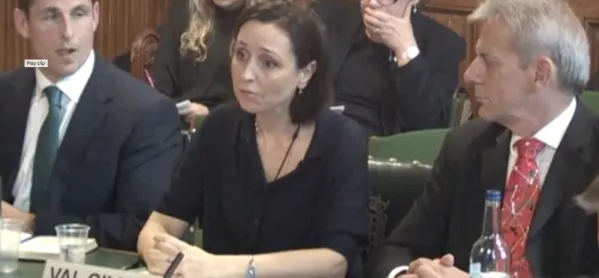
Get the best experience in our app
Enjoy offline reading, category favourites, and instant updates - right from your pocket.
‘Dumping grounds’: Eight key points from today’s alternative-provision hearing
MPs hear concerns about internal units becoming ‘dumping grounds’, as well as perverse incentives for schools to exclude pupils
Share
‘Dumping grounds’: Eight key points from today’s alternative-provision hearing
https://www.tes.com/magazine/archive/dumping-grounds-eight-key-points-todays-alternative-provision-hearing




